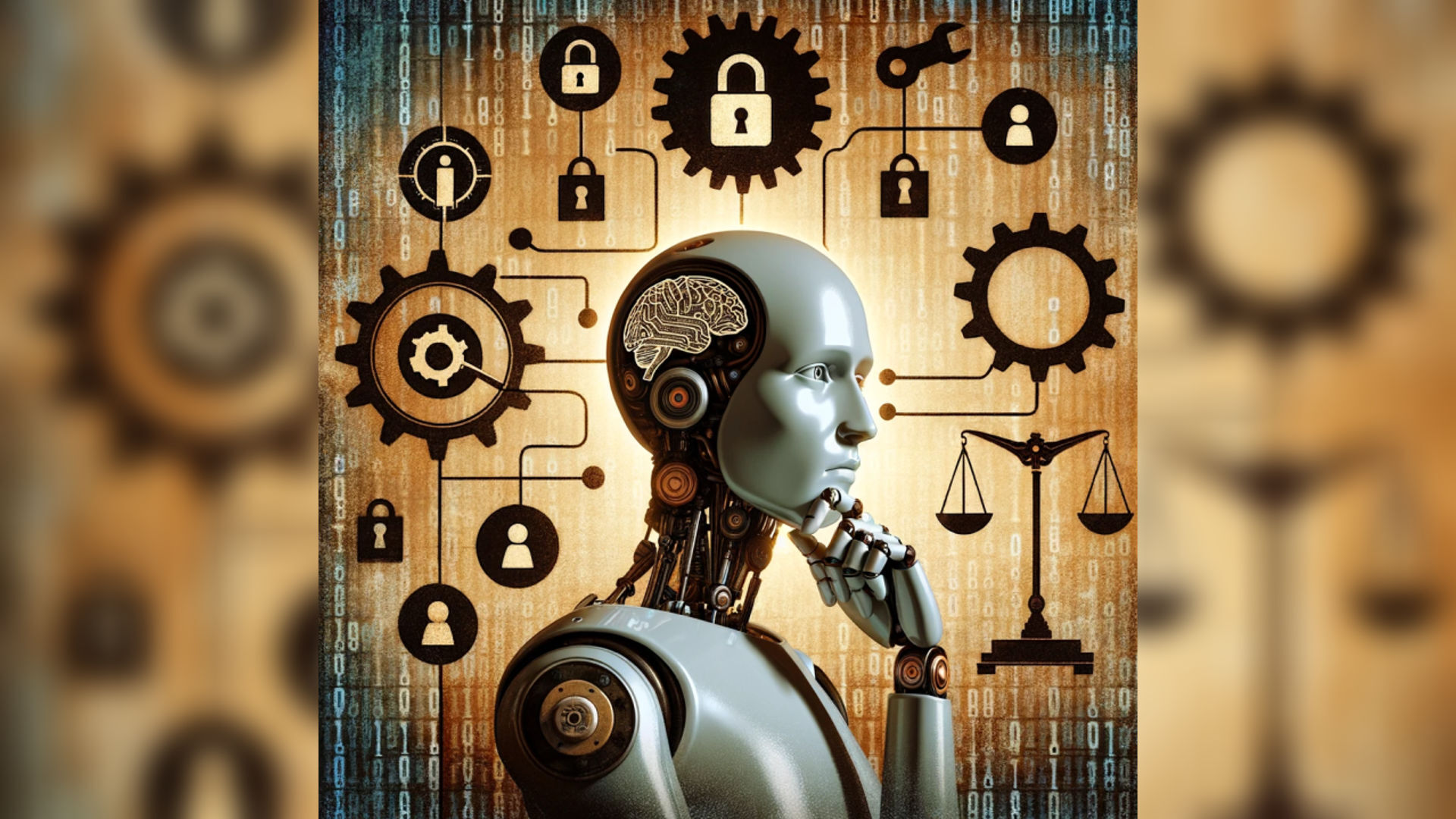Artificial Intelligence (AI) is revolutionising industries and shaping the way societies function. From streamlining public services to enhancing security, AI has the potential to make life easier. However, it also brings ethical dilemmas that governments must navigate carefully.
Ireland and Germany, two technologically advanced nations in Europe, are grappling with pressing concerns about AI’s impact on privacy, fairness, jobs, accountability, and security. If left unchecked, AI could pose risks that outweigh its benefits. In this article, we’ll explore five major ethical challenges these governments face and how they might address them.
1. Protecting Privacy in the Age of AI
One of the biggest fears surrounding AI is its ability to collect and analyse vast amounts of personal data. While regulations like the General Data Protection Regulation (GDPR) help protect citizens, challenges remain:
AI-Powered Surveillance: In Germany, historical concerns about state surveillance make facial recognition technology highly controversial. The idea of AI tracking movements in public spaces raises alarm bells about individual freedom.
Tech Giants and Data Handling: Ireland, home to the European headquarters of companies like Google and Facebook, faces tough questions about how these corporations use personal data. Are they truly adhering to privacy laws, or are loopholes being exploited?
Trust in Government AI Systems: If AI is used for public services like welfare distribution or policing, citizens need to trust that their data won’t be misused.
Balancing security with privacy is a tightrope walk. Governments must ensure AI serves people without turning societies into surveillance states.
2. Fighting AI Bias and Discrimination
AI is only as fair as the data it learns from. If historical biases exist in the datasets, AI can unintentionally reinforce discrimination. This is particularly worrying in areas like hiring, law enforcement, and financial services.
- Hiring Discrimination: AI-powered recruitment tools have been found to favour certain demographics over others, leading to unfair hiring practices.
- Justice System Concerns: In Germany, AI-assisted legal tools raise fears that algorithm-driven sentencing recommendations could amplify systemic biases.
- Immigration and AI: Automated screening tools used for migration policies in Ireland and Germany could unintentionally disadvantage specific ethnic or socio-economic groups.
To prevent bias, AI developers must prioritise diverse datasets, and governments need strict regulations to ensure fairness.
3. Job Loss and Economic Inequality
AI is a game-changer for businesses, making processes faster and more efficient. But at what cost? Automation threatens job security, particularly for low-skilled workers in manufacturing, customer service, and even professional sectors.
Job Displacement: AI-powered chatbots and self-checkout systems are replacing human workers. What happens to those who lose their jobs?
Widening the Wealth Gap: High-skilled tech workers benefit the most from AI advancements, while others may struggle to adapt.
Government Responses: Germany is investing in vocational training to help workers transition into AI-driven industries. Meanwhile, Ireland is considering policies like universal basic income (UBI) to cushion economic shifts.
Governments must take proactive steps to ensure AI benefits everyone—not just corporations and tech elites.
4. Who’s Responsible When AI Goes Wrong?
AI decisions can have real-world consequences, sometimes with devastating effects. But when an AI system makes a mistake, who takes responsibility? This grey area creates legal and ethical headaches.
- Legal Loopholes: If a self-driving car causes an accident, is the blame on the manufacturer, the software developer, or the owner?
- Corporate vs. Government Responsibility: AI is often developed by private companies but used in public sectors. If an AI-powered policing tool makes an unfair arrest, who’s accountable?
- Regulatory Gaps: While Germany has AI ethics councils working on guidelines, Ireland is still catching up in defining clear accountability measures.
Without strong regulations, AI risks becoming a lawless space where no one is held accountable.
5. AI in Warfare and National Security Risks

Perhaps the most unsettling ethical dilemma is AI’s role in warfare. While AI can enhance cybersecurity and defence, it also raises terrifying possibilities:
- Autonomous Weapons: The idea of AI-powered drones making life-or-death decisions without human intervention is deeply concerning.
- Cybersecurity Threats: AI can be used to launch sophisticated cyberattacks, posing a national security risk.
- International Debates: Germany is pushing for global agreements to ban AI-powered weapons, while Ireland is advocating for ethical AI use within the EU.
As AI continues to evolve, nations must work together to prevent a future where wars are fought by autonomous machines.
Wrapping-Up
AI is a powerful tool, but its ethical challenges cannot be ignored. Governments in Ireland and Germany must tread carefully, ensuring that AI development aligns with human values, fairness, and security. From safeguarding privacy to preventing bias, regulating job impacts, enforcing accountability, and addressing national security threats, responsible AI governance is crucial.
The big question remains: Will governments be able to regulate AI before its risks spiral out of control? The decisions made today will shape the future of AI—and the societies it impacts.



